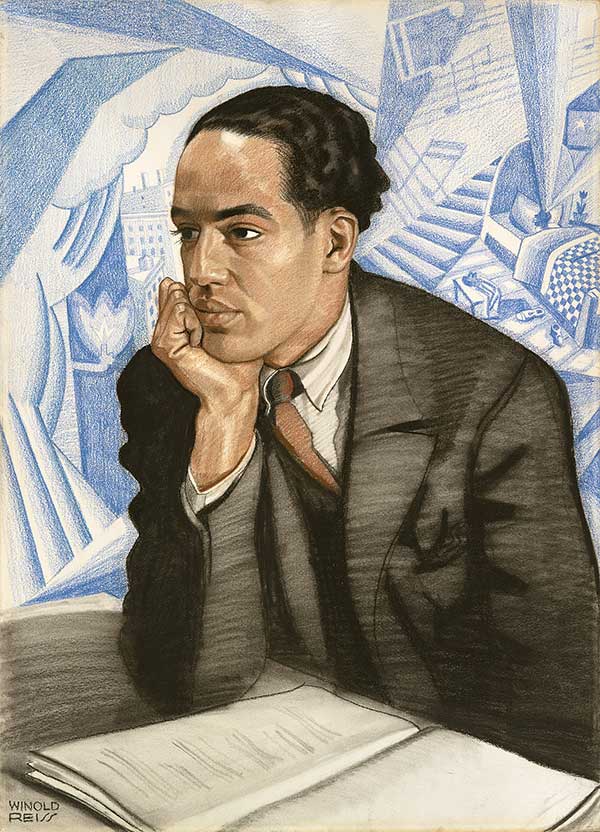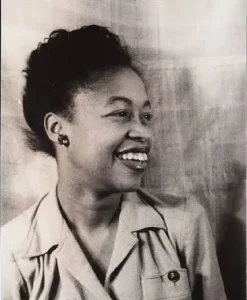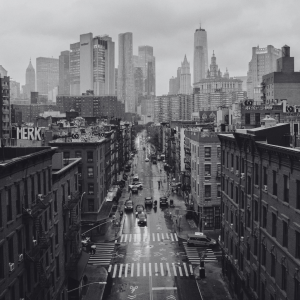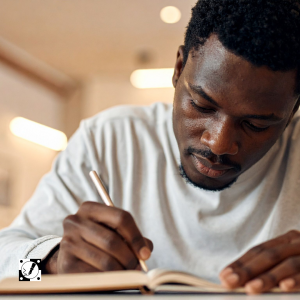The Poet as Historian: How Poetry Serves as a Personal and Cultural Archive
2 min read
Langston Hughes (1902–1967) ? By Winold Reiss (1886–1953) / Pastel on illustration board, ca. 1925 / 30 1/16 x 21 5/8 in. (76.3 x 54.9 cm) / National Portrait Gallery, Smithsonian Institution; gift of W. Tjark Reiss, in memory of his father, Winold Reiss
Poetry as Witness
We are used to thinking of history as something stored in textbooks, carved into monuments, or sealed in government records. But what if the truest record of human experience is not found in those places at all? What if it lives in the rhythm of a line, the echo of a metaphor, or the sharp sting of a stanza?
Poetry does not simply archive dates and names. It preserves the heartbeat of a moment. It captures the fear, joy, longing, or defiance of real people living through real events. Where the textbook tells you what happened, the poem tells you what it felt like to be there.
The Poet as a Personal Historian
Think about your own life. You may forget the exact date of an event, but you will never forget how it felt. That is the kind of record poetry keeps.
A diary entry might say, “I was sad today.” A poem, however, can trap that sadness in imagery and sound, sealing the emotion so it can be reopened years later. A poem about a first kiss, a sudden loss, or the quiet of a summer night is more than self-expression. It is documentation. A personal artifact.
When future readers look back at those verses, they are not only studying an individual. They are stepping into a specific human experience, preserved with intensity and care. The poet becomes an archivist of feeling, leaving behind traces that a textbook could never hold.
Poetry as a Cultural Archive
Poetry also preserves collective identity. Long before widespread literacy, oral poetry was how communities remembered who they were. Myths, traditions, victories, and even laws were carried forward in song and verse. The poet was both performer and historian, their memory a vault for the community’s story.
That role continues. Today poets still capture movements, upheavals, and cultural shifts. A single verse about injustice, resilience, or joy can become a time capsule of an era. Read the work of Harlem Renaissance poets and you feel the energy of a community defining itself against the odds. Listen to contemporary spoken word and you witness the urgency of voices demanding change in real time.
Poetry does not flatten history into bullet points. It keeps it layered, human, and alive.
Further Reading: Citizen: An American Lyric by Claudia Rankine
If you want to see how poetry functions as both personal and cultural archive, Claudia Rankine’s Citizen: An American Lyric is essential. Blending essay, image, and verse, Rankine confronts the lived realities of racism in contemporary America. The book documents moments of microaggression, public spectacle, and private grief, creating a layered record of what it means to navigate a “post-race” society that is anything but.
Rankine’s work is not only award-winning, it is also deeply human, capturing the emotional and psychological weight of history as it is lived day by day. Reading Citizen reminds us that poetry can be a witness, a mirror, and a historical document all at once.








